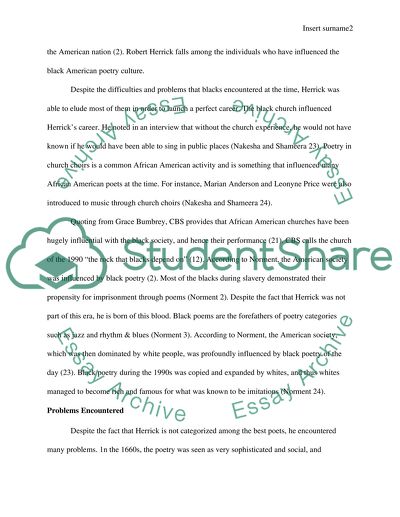Cite this document
(Exploring the Elizabethan Age - Robert Herrick Essay, n.d.)
Exploring the Elizabethan Age - Robert Herrick Essay. Retrieved from https://studentshare.org/literature/1466723-exploring-the-elizabeth-age-write-about-robert
Exploring the Elizabethan Age - Robert Herrick Essay. Retrieved from https://studentshare.org/literature/1466723-exploring-the-elizabeth-age-write-about-robert
(Exploring the Elizabethan Age - Robert Herrick Essay)
Exploring the Elizabethan Age - Robert Herrick Essay. https://studentshare.org/literature/1466723-exploring-the-elizabeth-age-write-about-robert.
Exploring the Elizabethan Age - Robert Herrick Essay. https://studentshare.org/literature/1466723-exploring-the-elizabeth-age-write-about-robert.
“Exploring the Elizabethan Age - Robert Herrick Essay”, n.d. https://studentshare.org/literature/1466723-exploring-the-elizabeth-age-write-about-robert.


